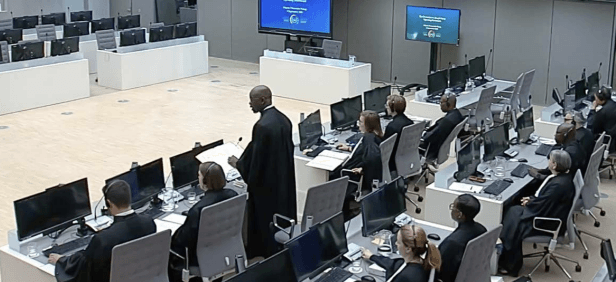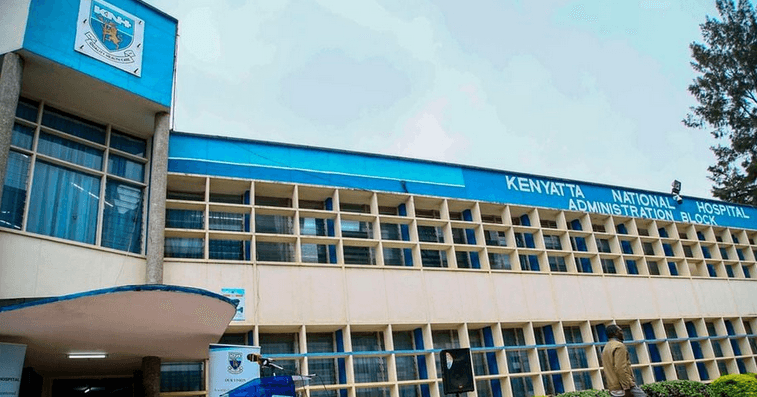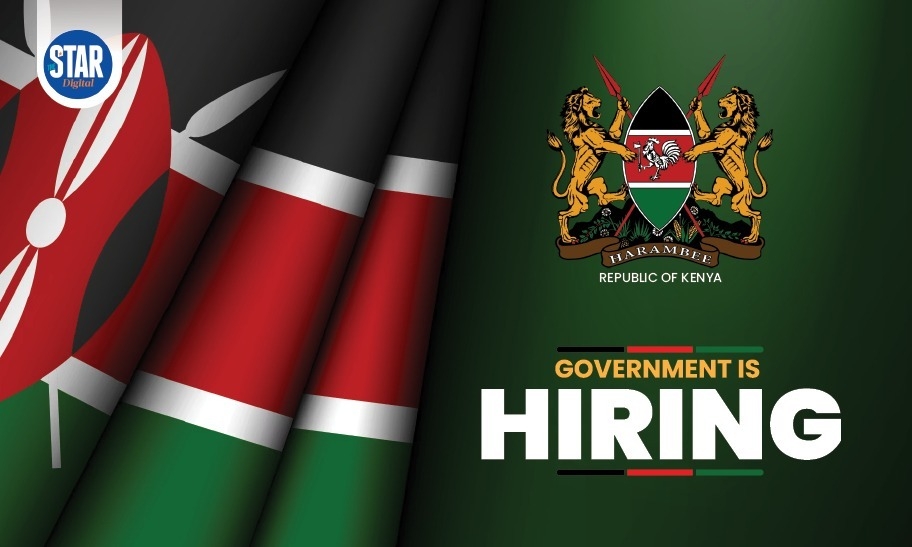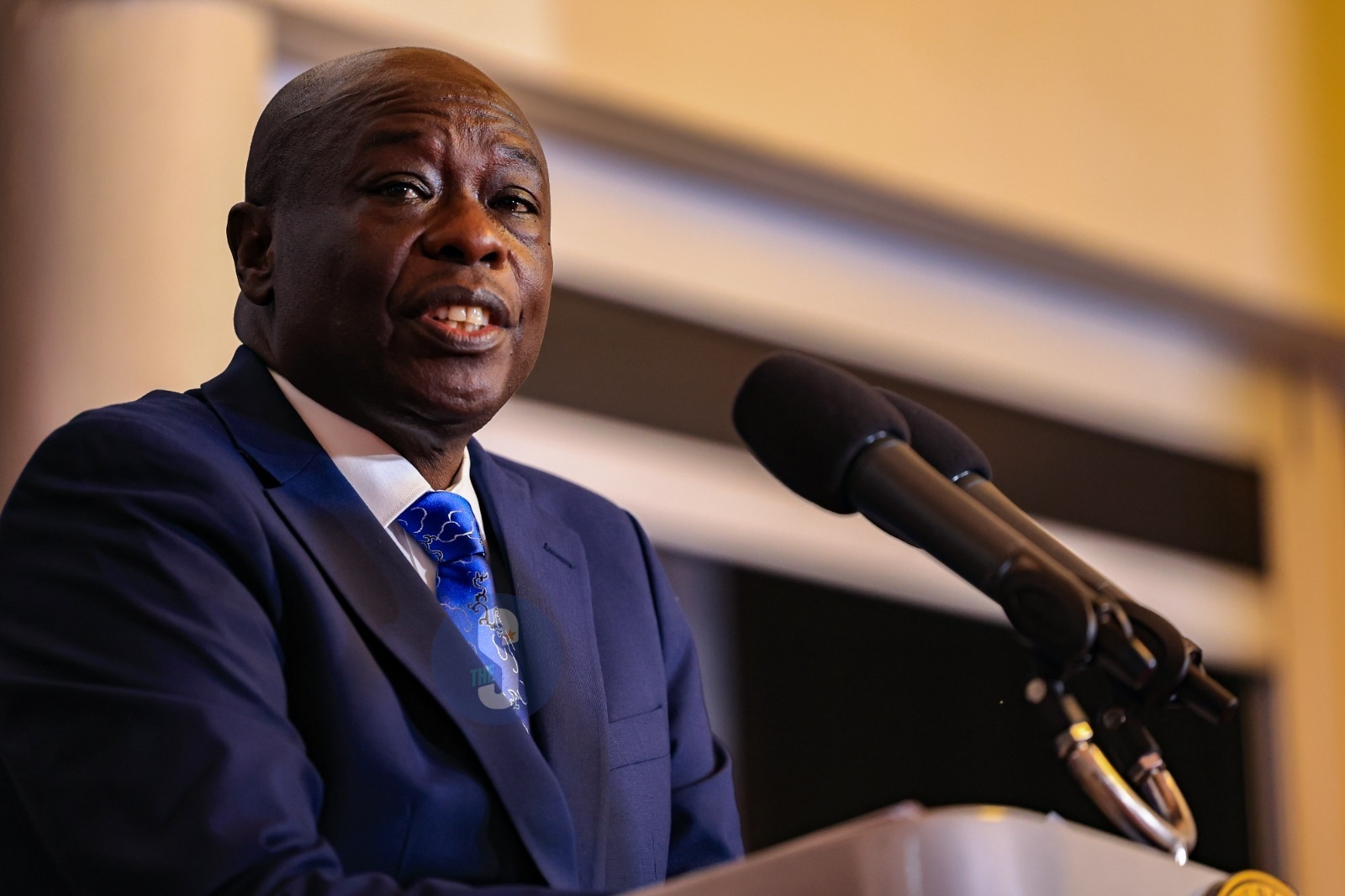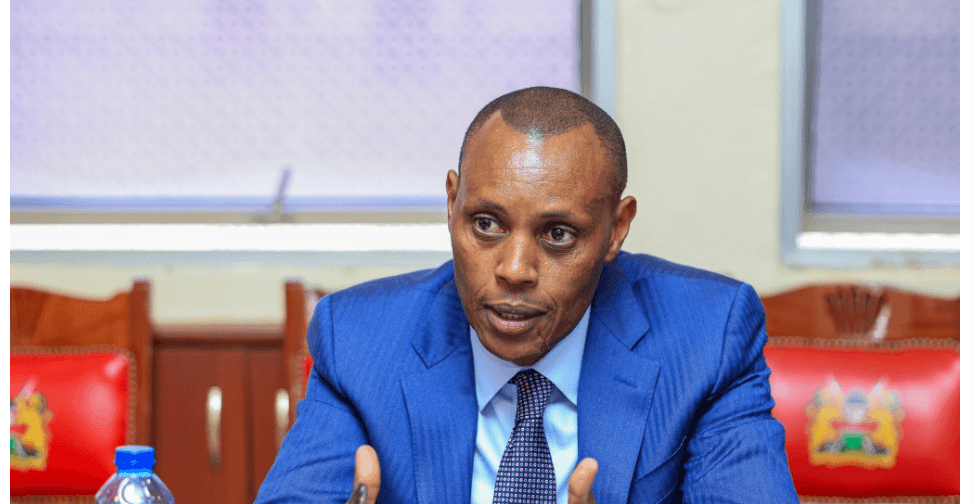The push by opposition leaders to have the ongoing floods declared a national disaster shines a harsh light on the inadequacies within the legal system.
It also reignites the debate on the need for MPs to pass the National Disaster Management Authority (NDMA) Bill of 2019.
Presently, there exists no clear legal framework delineating the management of such calamities, including protocols for declaring them and the responsible authority for such declarations.
Legal framework
Kikuyu MP Kimani Ichung’wah, the current National Assembly majority leader, in his Bill, wanted a centralised system of responding to and managing disasters in the country established.
The Bill would have given birth to an Authority with its functions and powers spelt out.
The National Disaster Management Unit is currently assuming the role.
He observed that the country has in the recent past experienced various disasters including terror attacks, floods and landslides.
The response to these disasters, he said, has largely been uncoordinated resulting in more deaths due to infighting among the various agencies.
“This has also resulted in some victims receiving too much aid while others receive none due to the uncoordinated approach of responding to disasters,” he said.
The authority, NDMA, was to liaise with other agencies in both the national and county governments in discharging its functions.
It is expected that this will result in better response to disaster, saving of lives and ultimately a reduced impact of disasters through the establishment of the National Early Warning Disaster Monitoring Information System, he averred.
As a result, the country finds itself relying on the National Security Advisory Council (NSAC) to navigate these crucial decisions.
Part of its functions is to assess and appraise the objectives, commitments and risks to the country in respect of actual and potential national security capabilities.
The current flooding situation has continued to leave a trail of destruction including deaths.
More than 220 people have so far lost their lives with 27,586 others in 19 counties being displaced from their homes.
Does it meet the threshold?
A disaster can be defined as a sudden, calamitous event caused by nature or human beings that seriously disrupts the functioning of a community or society.
It also causes human, material, economic or environmental losses that exceed the community’s or society’s ability to cope using its resources.
According to the Disaster Risk Reduction Network of Africa Journalists (DRRNAJ) chairperson Edward Wanyonyi, the declaration of a national emergency is reserved for situations of overwhelming tragedy.
He added that the government has not proven that it lacks capacity or is overwhelmed to deal with the situation.
“Currently, we only work with the guidance from NSAC. There is no established framework that a declaration of a national emergency is at this level, who declares it and the required assistance,” he said.
Some of the factors that can guide in making such declarations, he said, could be the number of deaths per day, per county or even per subcounty level.
He cited the Covid-19 pandemic and 2007-08 post-election violence which he said was widespread considering it had the potential of paralysing the country due to the number of deaths that were being reported.
Wanyonyi said the current situation has not escalated to the point of widespread paralysis of essential activities or neighbouring countries' complaints about goods flow.
“We are not witnessing mass hospitalization of flood victims, where on a daily basis we can be retrieving up to 100 people,” he said.
He stated what is only required at the moment is a specific declaration to mitigate the effects noting what we are witnessing is poor coordination.
The HIV/AIDs epidemic is the only serious tragedy of such a serious scale which has been declared a national disaster in the country.
In November 1999, late President Daniel Moi stated that the disease was not just a serious threat to social and economic development but a real threat to human existence itself.
During that year, it was estimated that two million Kenyans out of the 30 million population were infected, infection rates doubling monthly with 500 deaths occurring daily.
Such a declaration will therefore attract support from foreign donors who come in to help in the mitigation plan.
But, the country will have to make public the kind of support it requires from the donors.


